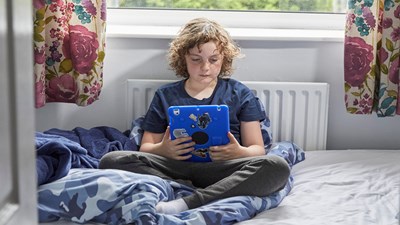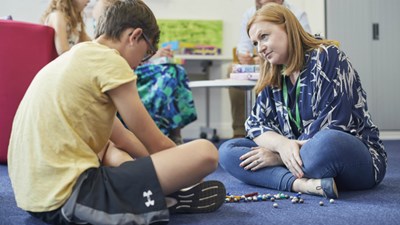Spotting the signs of child abuse
The signs of child abuse can be hard to spot. We can help you to recognise the signs of abuse and support you if you have concerns about a child.
Worried about a child?
You can contact the NSPCC Helpline by calling 0808 800 5000, emailing [email protected] or completing our report abuse online form.
What are the signs of child abuse?
The signs of child abuse aren't always obvious, and a child might not feel able to tell anyone what's happening to them. Sometimes, children don't even realise that what's happening to them is abuse.
There are different types of child abuse and the signs that a child is being abused may depend on the type. For example, the signs that a child is being neglected may be different from the signs that a child is being abused sexually.
Common signs of child abuse
Some common signs that there may be something concerning happening in a child’s life include:
- unexplained changes in behaviour or personality
- becoming withdrawn
- seeming anxious
- becoming uncharacteristically aggressive
- lacks social skills and has few friends, if any
- poor bond or relationship with a parent
- knowledge of adult issues inappropriate for their age
- running away or going missing
- always choosing to wear clothes which cover their body.
These signs don’t necessarily mean that a child is being abused, there could be other things happening in their life which are affecting their behaviour – but we can help you to assess the situation.
You may also notice some concerning behaviour from adults who you know have children in their care, which makes you concerned for the child/children’s safety and wellbeing.
Handling difficult conversations with adults

Having difficult conversations with other adults can feel hard, especially if it’s about a child’s safety or welfare.
But we’ve got advice to help these conversations feel easier, as well as what to do if you feel a conversation may not be enough.
Report Abuse in Education helpline
We’ve launched a dedicated helpline for children and young people who have experienced abuse at school, and for worried adults and professionals that need support and guidance, including for non-recent abuse. Call our new NSPCC helpine, Report Abuse in Education on 0800 136 663 or email [email protected].








